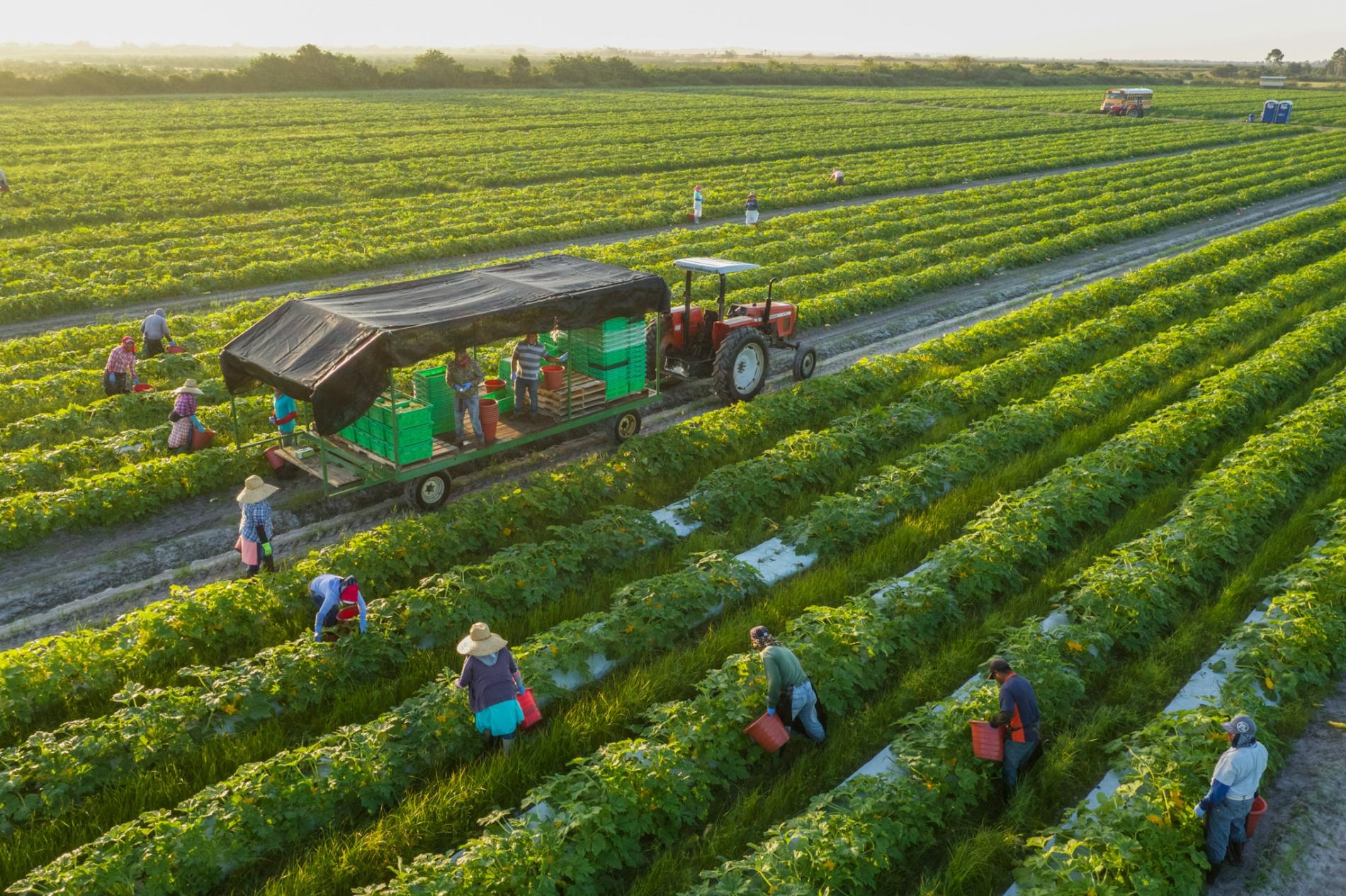Being the home to a variety of vegetables and the second largest producers in the world, India is an agrarian economy. The ongoing COVID-19 pandemic has blighted every sector and has also changed people’s eating behavior as they are turning to vegetables more than ever. Now, it’s the high time to tap the economic and nutritional power of vegetables and prioritize investment in vegetable research and development.
Vegetables are the human’s most reasonable source of vitamins and minerals needed for a healthier life. They are a very important constituent of the human daily diet as they are rich sources of minerals, carbohydrates, vitamins, and proteins. Vegetables are also a chief source of income to farmers because of their high yielding and short cultivation duration features. Thus, a promising trade for smallholder farmers and that in long term will help in reducing rural poverty and unemployment.
Importance of Vegetable Farming in India
Due to varied agro-climatic zones, India can grow a wide variety of vegetable crops the year round. With a rise in the standard of living and awareness on benefits of quality food intake, people are now more inclined towards their health and buying healthier vegetables. In today’s era of variation, farmers are adapting modern crop yielding improvement methods for higher yield, quality biotic resistance, flexibility to adapt to changing climatic conditions and managing nutrients in the food to make it healthier.

Mechanization in the Vegetable Industry
Though historically neglected, the mechanization of agriculture has been considered a major factor in the development and sustainability of vegetable production. Farmers and respective state governments understand the advantage and hence are introducing schemes and programs to help farmers adopt mechanisation at large scale. A lot of work is required in this direction; however, a head start has been made.
How Vegetable production can be a great potential for Smallholder farmers
Smallholder farmers have the in depthknowledge about their land which is passed on to their next generations, they understand their seeds and crops better as each type of crop requires different planting methods and with the bliss of the latest planting techniques and equipment, they can utilize this knowledge to their full potential and can yield diverse vegetables on their smaller farms. When smallholder farmers grow high value crop, they can yield better returns. Since vegetables are harvested quickly, 3-4 crops can be cultivated throughout the year to meet the increased demand for vegetables.Therefore, changes in food consumption and demand for particular vegetable can also be met.
Few Handy Tips for growing your own vegetables:
- Soil Test – This is crucial as it will directly affect the growth of your crops. So, analyze it and then start planting. Find some tips for your DIY soil testing.
- Planting methods – Managing optimal crop requirements and space plants correctly.Find some tips here
- Planting alternating crops – It is always encouraged to practice crop rotation each season as each crop or plant requires different soil conditions.
- Appropriate drainage and water supply – This are essential for soil drainage as, if you have excess or standing water, it can block your crops.
- Use of fertilizers and soil nutrients –This is one of the important factors that have a direct impact on vegetable production and quality. Find few tips here.
To wrap up, all we can say that smart vegetable farming is a win-win approach, and the future of the Agriculture industry as it offers helps the farmers to grow financially, boost mankind’s health and scale economy. Innovation is essential for our survival. With the current pandemic, India must look to increase its vegetable exports. Start safe and strong from the beginning to yield maximum results.
Keep growing healthier veggies!!

